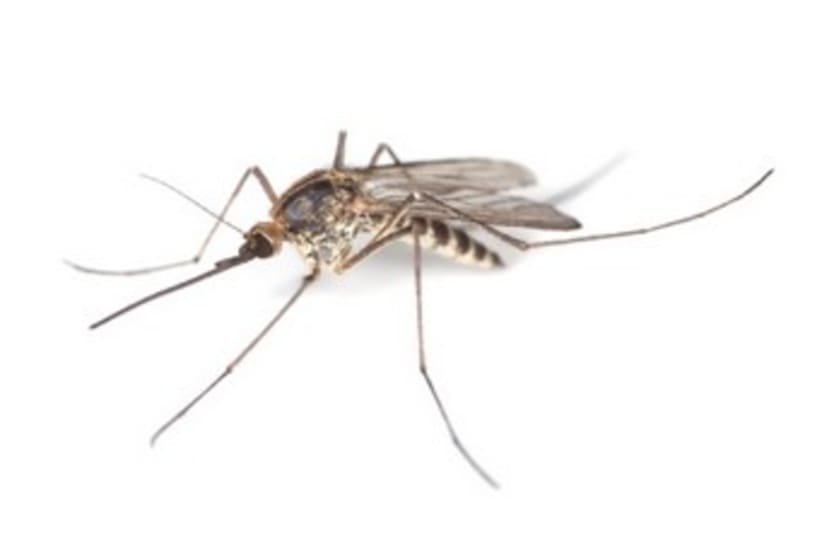Q. Dear Natalie, I have recently bought an oil burner in preparation for the summer bugs. Can you recommend any essential oils which ward off mosquitoes?A. There was a study recorded at the University of Mahidol in Bangkok, Thailand in 2005 which compared 38 essential oils against mosquito bites and clove oil came out on top, providing up to 2 hours of protection against all three mosquito species. I recommend not applying undiluted clove oil directly to the skin since it may cause irritation, but you can find sprays containing concentrations of 10 percent or more.A close second was Patchouli oil. This oil also provides up to two hours of complete protection. If the earthy scent is too strong you can try blending it with a carrier oil such as almond or jojoba oil. Another very effective and more pleasant-smelling option is oil of lemon eucalyptus. This comes from the leaves of the Eucalyptus citriodora tree, which naturally repels insects.A very common essential oil found in many natural insect repellents is Citronella. Oil of Citronella has been used as early as the 1960s as an insect repellent. Insect repellents containing 5% to 10% citronella oil may provide anywhere from less than 20 minutes to as much as five hours of protection.Q. Dear Natalie, Are there any foods that I can be eating which will repel mosquitoes?A. While what you eat isn't likely to provide the best protection from mosquitoes, the foods below will provide simple ways to repel mosquitoes naturally. Keep your diet rich in whole grains, fruits and vegetables and make sure you consume less processed and sugary foods. Mosquitoes exhibit greater or lesser attraction to particular people due to individual differences in chemical emanations.As well as all its other fantastic properties, garlic consumption has long been touted as a natural mosquito repellent. Try to include a daily dose of vitamin B-1, or thiamine, to your diet. Vitamin B-1 alters your scent, thereby reducing your attractiveness to mosquitoes. Vitamin B-1 can be found in foods such as rice, black strap molasses and whole grains. Celery seed can also act as a mosquito repellent consumed either fresh, dried or in supplement form.Try adding Sage to your dishes and in areas where you are trying to repel mosquitoes. Adding sage to the barbeque will certainly fill the aroma with a smell strong enough to keep the bugs away.Q. Dear Natalie, can you please advise on which vitamins are good for treating itchy red mosquito bites?
A. To help combat mosquito bites, there are several nutritional substances you can incorporate into your daily diet that are efficient. Vitamin E is an antioxidant vitamin and one of the best treatments for mosquito bites. Vitamin E works to make red blood cells and promote the development of new skin cells by enhancing our blood circulation. Vitamin E will help to reduce swelling from mosquito bites and I recommend taking 200 international units of Vitamin E every day until you see an improvement.Vitamin C also works to reduce the inflammation and pain as a result of insect bites. In "Prescription for Nutritional Healing" Balch recommends taking around 5,000 mg of vitamin C daily to help prevent mosquito bites. Vitamin C is also important for the healing of wounds on the skin, including mosquito bites that have been scratched until very red and sore. You can find Vitamin C in kiwi, blueberries, cooked greens, cranberries and tomatoes.
Natalie runs a clinic both in Tel Aviv and Jerusalem offering a wide range of natural treatment, including a women’s clinic every Wednesday. Healing is achieved using homeopathy, reflexology, massage, flower remedies and nutritional wisdom.
To make an appointment please email nateopath@gmail.com.
Ask Natalie: If you have a health query and would like an alternative answer then email Natalie with your question at nateopath@gmail.com.This column is brought to you as general information only and unless stated otherwise is not medical advice nor is it based on medical experiments. This column is not a substitute for medical advice or treatment for specific medical conditions. For more information about specific problems, please contact a doctor.Follow @JPost_Lifestyle
